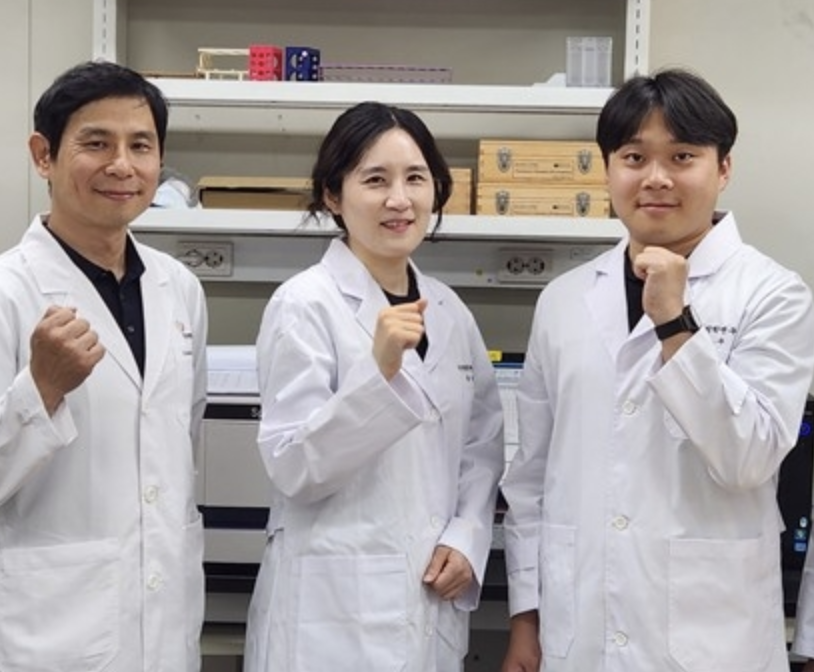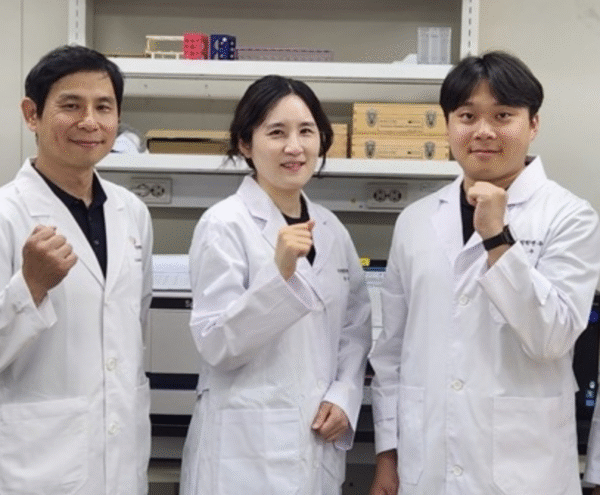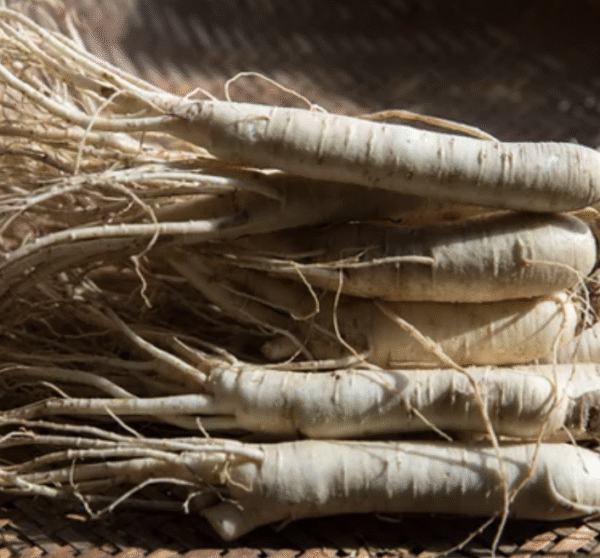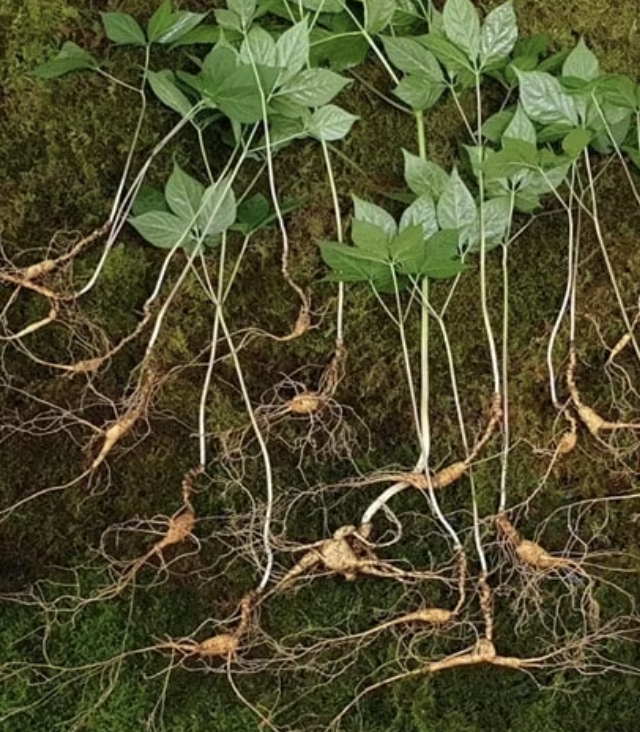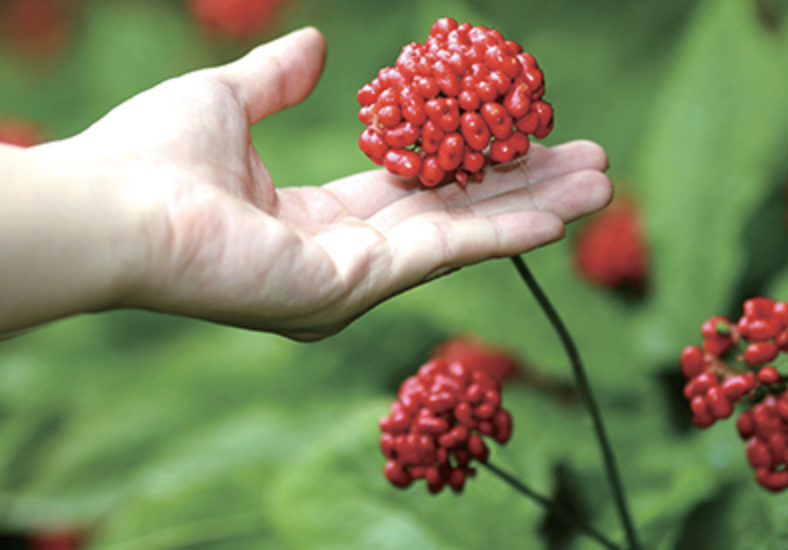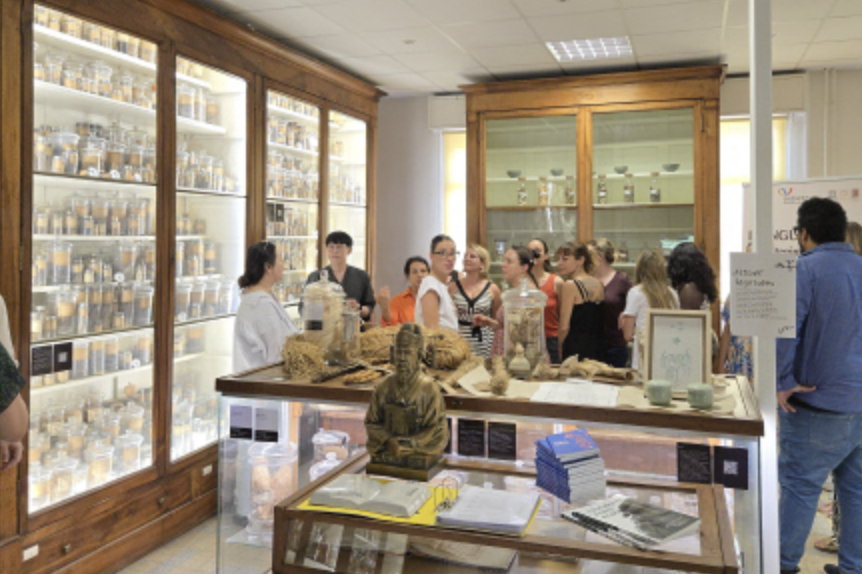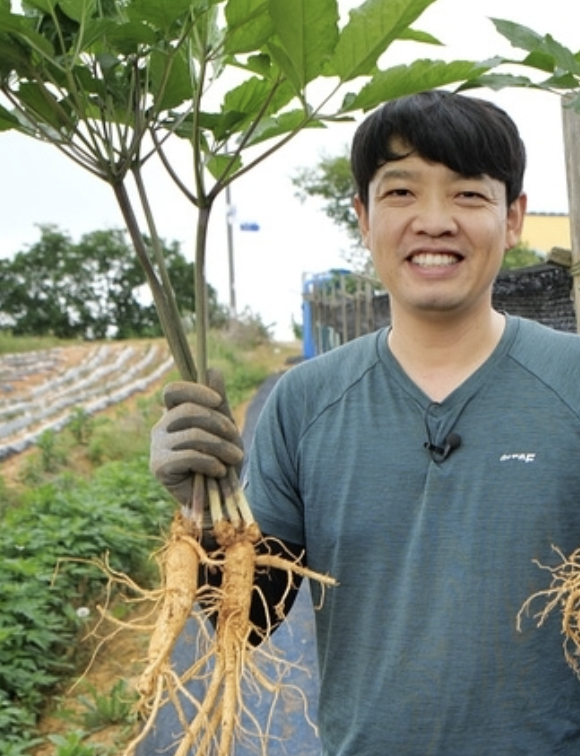How Ginseng Enhances Cancer Immunotherapy: New Insights into Its Immune-Modulating Power
👉 Discover Premium Ginseng Extract for Energy and Immunity
Introduction
On June 30, 2025, Korea Institute of Oriental Medicine (KIOM) and Chungnam National University announced groundbreaking research revealing how ginseng can enhance the effectiveness of immune checkpoint inhibitors (ICIs) in cancer therapy. Traditionally used for boosting energy and treating fatigue, ginseng is now gaining scientific recognition as a key immunomodulatory agent with potential in integrative cancer care.
Ginseng’s Traditional and Clinical Role
Ginseng (Panax ginseng) is a cornerstone herb in East Asian medicine, long prescribed for conditions associated with “qi deficiency” such as fatigue, chronic illness, and weakened immunity. In modern medicine, ginseng has been studied for its ability to:
Improve physical performance
Strengthen immune response
Combat inflammation and oxidative stress
Support recovery from chemotherapy
Its adaptogenic and immune-balancing qualities have made ginseng an increasingly popular adjunct in oncology.
Transcriptomic Evidence: How Ginseng Modulates the Immune System
In the latest study, researchers administered ginseng extracts—including astragalus, atractylodes, and licorice—to five types of immune cells: T-cells, B-cells, NK cells, macrophages, and dendritic cells. They conducted transcriptomic analysis across 180 samples to identify gene expression patterns.
Key Findings:
B cells, macrophages, and dendritic cells showed significant upregulation of immune-related genes.
Cytokines essential for immune signaling—such as IFN-γ, TNF-α, IL-6, and CXCL10—were markedly increased.
Ginseng did not directly activate T-cells, but enhanced cytokine signaling led to stronger T-cell activation indirectly.
These effects indicate ginseng helps restore immune system balance within the tumor microenvironment.
Reinforcing Cancer Immunotherapy with Ginseng
Immune checkpoint inhibitors (e.g., PD-1 or PD-L1 blockers) have revolutionized cancer treatment by empowering T-cells to attack tumor cells. However, some patients exhibit limited response due to a suppressed immune environment.
Ginseng addresses this by:
Activating antigen-presenting cells (APCs) like dendritic cells
Stimulating interferon pathways to improve antigen recognition
Creating a cytokine-rich microenvironment for T-cell activity
Enhancing macrophage and B-cell cooperation in tumor immunity
These actions complement ICIs, improving their therapeutic outcomes while minimizing immune-related adverse effects.
Scientific Validation and Clinical Potential
Animal models confirm that ginseng improves tumor suppression when combined with PD-L1 inhibitors.
Human trials suggest better fatigue reduction, immune function, and quality of life for patients receiving both ICIs and ginseng.
Ginseng’s ability to modulate cytokine profiles may also reduce toxicity in cancer treatments.
Ongoing trials are exploring ginseng’s use in non-small-cell lung cancer and other malignancies.
Why Long-Term Ginseng Use Is Recommended
Immune Resilience: Supports consistent immune function, as shown in transcriptomic data.
Cancer Adjunct: Improves tolerance to chemotherapy and enhances immunotherapy efficacy.
Well-Tolerated: Long-term studies show minimal side effects when used in standardized doses.
Recommended daily intake: 100–200 mg of ginsenosides or equivalent standardized extract, based on clinical guidelines. Always consult with a healthcare provider, especially when undergoing immunotherapy.
Conclusion
This recent research reinforces the powerful synergy between ginseng and cancer immunotherapy. By activating innate immunity and enhancing cytokine communication between immune cells, ginseng helps rebalance the immune system and restore effective anti-tumor responses. For patients and healthcare providers seeking natural, evidence-based integrative options, ginseng is emerging as a scientifically validated tool to support long-term health and oncology care.
👉 Discover Premium Ginseng Extract for Energy and Immunity



